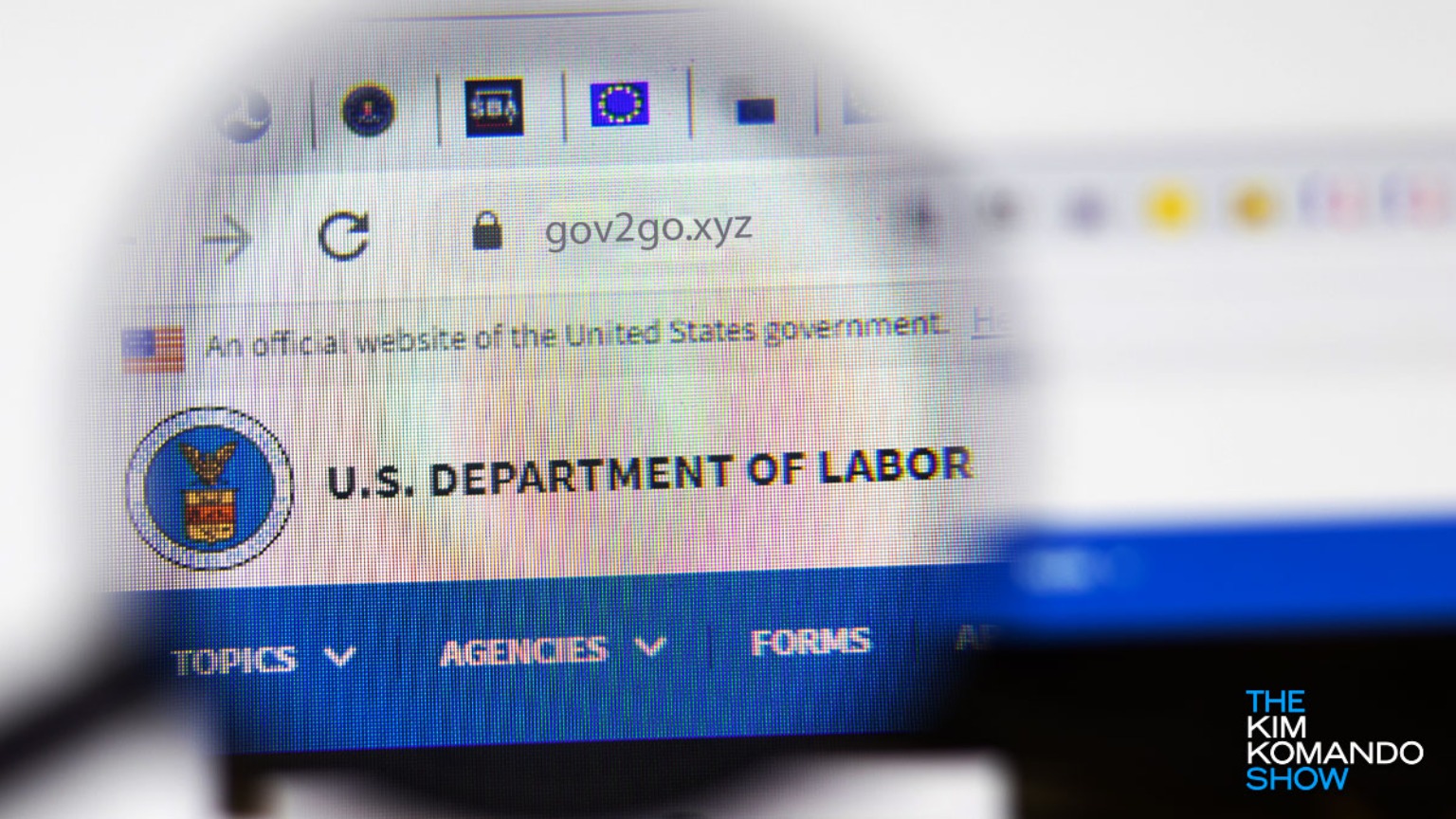In an age where social media has become an integral part of our daily lives, it’s not surprising that scammers have found new and creative ways to exploit the platform for their nefarious purposes. One particularly troubling trend is the rise of W-2 scams on social media. These scams target individuals and organizations during tax season, aiming to steal sensitive financial information. In this article, we’ll explore five of the most prevalent W-2 scams on social media, which are sometimes completed even with the help of a W-2 creator.
Phishing Messages

Phishing is a common tactic used by scammers to trick individuals into revealing sensitive information. On social media, scammers often send messages that appear to come from trusted sources, such as government agencies or tax preparation services. They typically claim that there is an issue with the recipient’s W-2 form and request personal and financial information, such as Social Security numbers, bank account details, and tax identification numbers. Unsuspecting users who fall for these phishing attempts may find themselves victims of identity theft and financial fraud.
Fake Tax Preparation Services
Scammers create fake tax preparation services and advertise them on social media platforms. These fake services often promise quick and easy tax filing at a fraction of the cost of legitimate services. Users who are lured in by these offers may end up providing their W-2 information to fraudsters who use it for identity theft or to file fraudulent tax returns, stealing any potential refunds.
Fake Government Websites

Some scammers create convincing replicas of government websites on social media. These fake websites claim to offer free access to W-2 forms and tax-related information. Users who enter their personal and financial details on these sites may unknowingly provide scammers with everything they need to commit identity theft and financial fraud. It’s crucial to verify the authenticity of websites before entering any sensitive information.
Phony Tax Refund Promotions
During tax season, scammers often advertise bogus tax refund promotions on social media. They promise substantial refunds or incentives in exchange for users’ W-2 information. These promotions may even claim to be affiliated with well-known tax agencies. Falling for these scams can lead to financial losses and identity theft, as scammers use the stolen information to file fraudulent tax returns.
Fake Job Offers
Scammers sometimes pose as potential employers on social media, offering enticing job opportunities to users. As part of the application process, they may request a copy of the applicant’s W-2 form or other sensitive tax-related documents. This information can be misused for identity theft, and the promised job may turn out to be non-existent.
Protecting Yourself from W-2 Scams on Social Media
To protect yourself from W-2 scams on social media, it’s essential to remain vigilant and follow these precautions:
- Verify Sources: Always verify the authenticity of messages, websites, and offers before providing any personal or financial information.
- Use Official Channels: If you need to access tax-related information or services, use official government websites or trusted tax preparation services.
- Beware of Unsolicited Messages: Be cautious of unsolicited messages, especially those requesting sensitive information.
- Research Employers: When considering a job offer on social media, research the company thoroughly and ensure it is legitimate.
- Use Strong Passwords: Maintain strong and unique passwords for your social media accounts to reduce the risk of unauthorized access.
In conclusion, as social media continues to play a significant role in our lives, scammers are quick to adapt and find new ways to exploit the platform. W-2 scams are just one example of the dangers lurking in the digital world. By staying informed, remaining cautious, and following best practices for online security, you can reduce the risk of falling victim to these scams and protect your financial and personal information.


